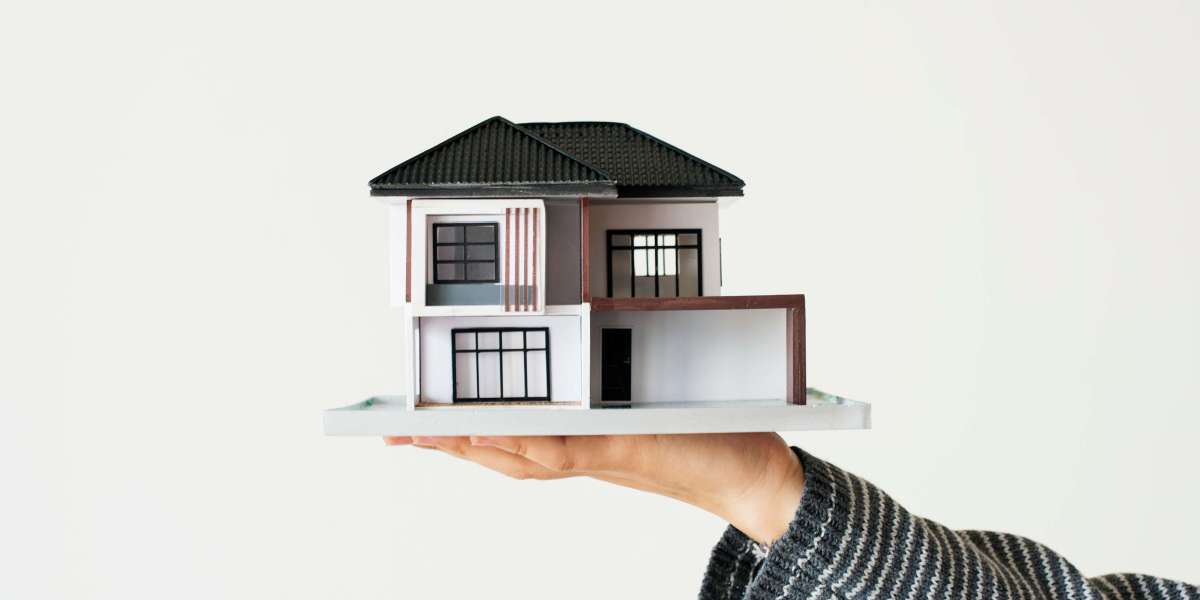Purchasing real estate is often one of the most significant investments a person can make. But owning property is not just about enjoying the benefits—it also involves certain legal rights and responsibilities. Whether you’re a first-time buyer or a seasoned investor, it’s essential to understand what owning real estate actually means. This guide breaks down the key components of ownership rights and responsibilities in easy-to-understand terms.
What Does Real Estate Ownership Mean?
When you buy a property, you gain legal ownership of a physical space and the land it sits on. Ownership gives you the right to use, lease, sell, or pass on the property to others. However, these rights come with limits and obligations that are defined by local laws and property regulations.
There are different types of real estate ownership, including sole ownership, joint tenancy, tenancy in common, and ownership through a legal entity such as a trust or company. Each type has different legal implications, particularly in areas like inheritance, taxation, and decision-making authority.
Key Ownership Rights You Should Know
As a property owner, you’re granted several core rights. Knowing these rights helps you make informed decisions and better protect your investment.
1. Right to Possession
This is the fundamental right of the owner to occupy and use the property. Once you legally acquire a property, you have full control over it, subject to any lease agreements or zoning laws.
2. Right to Control
You have the authority to determine how the property is used. Whether you want to live in it, rent it out, or operate a business, that’s your choice—as long as it complies with the law and zoning rules.
3. Right to Exclusion
This right allows you to deny others access to your property. However, there are exceptions. For instance, utility companies or government agencies may enter for inspections or maintenance, and the police may enter with a warrant.
4. Right to Enjoyment
As an owner, you’re entitled to enjoy your property peacefully. This includes protection from interference by others, such as neighbors or third parties.
5. Right to Disposal
You have the right to sell, lease, transfer, or will the property to someone else. This flexibility makes property a valuable and versatile asset.
Responsibilities That Come With Property Ownership
Owning real estate isn’t only about rights—it also involves responsibilities. Ignoring them can lead to legal troubles or loss of property value.
1. Property Taxes
One of the most important obligations is paying property taxes. These are typically levied annually by local authorities and fund public services such as schools, roads, and emergency services.
2. Property Maintenance
You are responsible for maintaining the physical condition of your property. This includes routine repairs, landscaping, and ensuring the property meets safety standards. Neglecting maintenance can result in fines or decrease the property’s value.
3. Compliance With Zoning Laws
Zoning laws dictate how a property can be used—residential, commercial, industrial, etc. Violating zoning rules can lead to penalties or restrictions on use.
4. Insurance Coverage
While not always legally required, carrying adequate homeowners insurance is a critical responsibility. It helps cover losses from natural disasters, theft, or accidents and protects your financial investment.
5. Respecting Neighboring Properties
Property rights are not absolute. You must ensure your use of the property does not infringe on your neighbors’ rights. For example, excessive noise, illegal structures, or boundary disputes can lead to legal action.
Understanding Restrictions on Property Rights
While property ownership gives you many freedoms, there are limits imposed by law. Common restrictions include:
Easements: Legal rights granted to others for specific uses, like a shared driveway or utility access.
Building Codes: Regulations that dictate construction standards to ensure safety and quality.
Environmental Rules: Restrictions related to water use, waste disposal, or land development to protect the environment.
Homeowners Associations (HOAs): If your property is part of an HOA, you may have additional rules to follow regarding appearance, renovations, and shared spaces.
Understanding these limitations can help you avoid disputes and legal problems.
What Happens When Ownership Is Shared?
Many properties are co-owned by spouses, family members, or business partners. Shared ownership can be structured in various ways, and each comes with different implications for rights and responsibilities.
In joint tenancy, for example, all owners have equal rights, and if one passes away, their share automatically transfers to the surviving owners. In contrast, tenancy in common allows unequal ownership shares and the ability to will your share to someone else.
It’s important to establish clear agreements about financial contributions, maintenance duties, and what happens if one party wants to sell their share.
Transferring Ownership: What You Should Know
Selling or transferring your property requires proper documentation and legal steps. Typically, this involves:
A sale agreement between the buyer and seller
Due diligence such as property inspections and title checks
Legal transfer of the title deed
Notification to local authorities for tax and records purposes
Whether selling to a new buyer or passing the property to a relative, it’s crucial to follow all legal procedures to ensure a smooth transfer.
Final Thoughts
Understanding the full scope of real estate ownership is key to being a responsible and successful property owner. Knowing your rights allows you to take full advantage of your investment, while being aware of your responsibilities helps you avoid legal trouble and maintain your property’s value.
Whether you plan to live in your home, rent it out, or hold it as an asset, staying informed about your obligations and privileges is essential. With the right knowledge, real estate ownership becomes not just a purchase, but a long-term opportunity for growth and security.
Important Links
Discover the Future of Upper Thomson Living at the Thomson View En Bloc Condo Showflat
Discover the Charm of Living at Thomson View Condo
Discover the Charm of Thomson View Condo Showflat
The Impact of Upcoming MRT Lines on Property Prices in Singapore
What First-Time Buyers Should Know About Condo Maintenance Fees in Singapore
Thomson View En Bloc Condo Showflat
Thomson View En Bloc Condo Showflat








